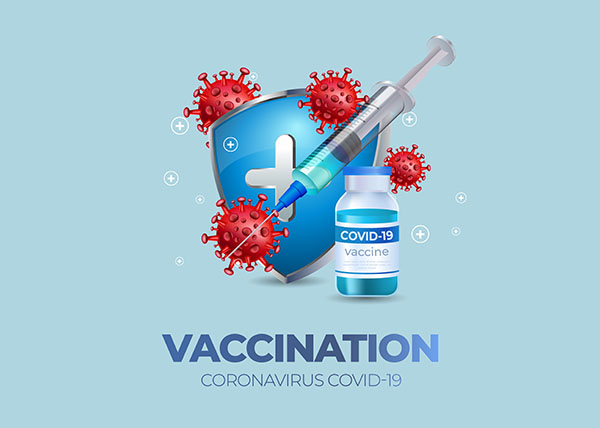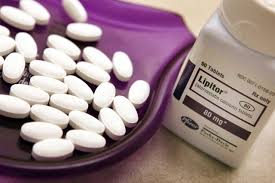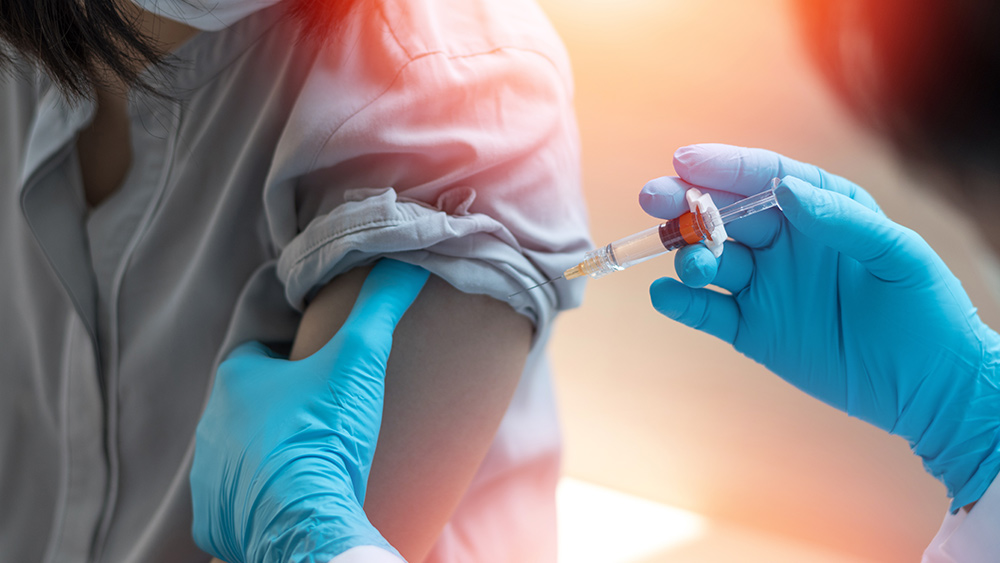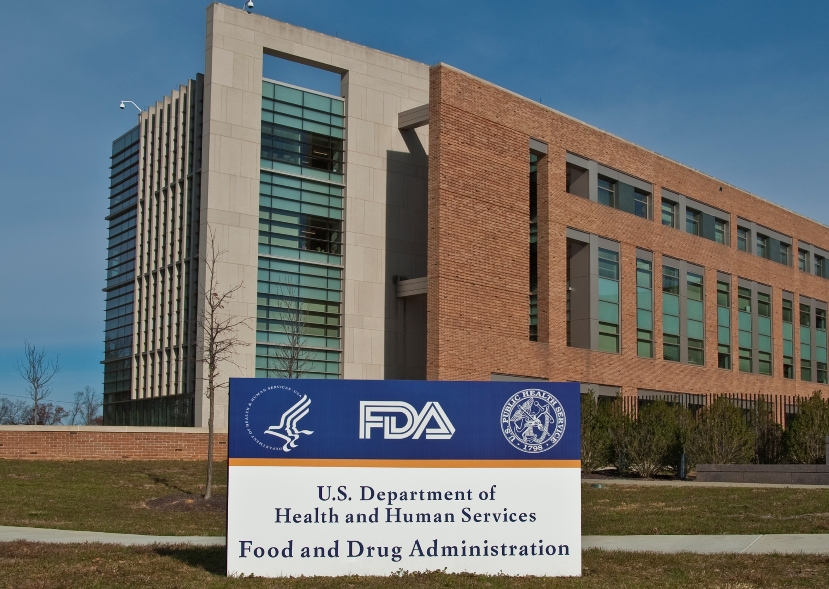Study: 70% of deaths linked to Pfizer COVID-19 vaccine in Japan were reported within 10 days of vaccination
01/10/2024 / By Zoey Sky

A peer-reviewed Japanese study published in the journal Cureus has revealed that around 70 percent of people who died in Japan after receiving the Pfizer’s Wuhan coronavirus (COVID-19) vaccine passed away within the first 10 days after vaccination.
In the study, researchers examined the link between Pfizer COVID-19 vaccination and deaths within 10 days of vaccination. The research team defined the risk period as within 10 days of vaccination, with vaccination day being Day 1, and the control period defined as 11 to 180 days following vaccination.
The analysis was divided into two groups: Group 1 included volunteers aged 65 and above and Group 2 included people aged 64 and younger.
The scientists reported that there were 1,311 deaths in Group 1, which was made up of 662 adult men and 649 adult women. In Group 2, they identified 247 deaths, 155 males and 92 females.
Findings revealed that the percentage of reported cases that experienced death within 10 days after COVID-19 vaccination was “71 percent in Group 1 and 70 percent in Group 2.” In Group 1, more women than men died overall due to different medical conditions in the first 10 days of vaccination. After 10 days, there were more deaths reported among the males.
Many of the post-vaccine deaths occurred on day one, followed by the third and fourth days. (Related: COVID-19 vaccine data administrator reveals deaths related to bad batch of Pfizer shots.)
Autopsies were performed in just eight of the 239 unexplained death cases. Aside from these unknown deaths, the biggest causes of mortality in the over 65s were ischemic heart disease with 119 deaths, heart failure with 92 deaths and aspiration pneumonia or asphyxia with 72 deaths.
In Group 2, over twice the number of men died than women from different medical conditions within the first 10 days of vaccination. Overall deaths after the initial 10 days were only a little higher among the men. The highest number of post-vaccination deaths was recorded on the third day, followed by the fourth, second and fifth days.
Only nine of the 51 reported “unexplained deaths” had autopsies. After unexplained deaths, the biggest causes of death in Group 2 were ischemic heart disease with 27 deaths, cardiac arrhythmias with 24, subarachnoid hemorrhage with 20 and myocarditis or pericarditis with 17 deaths.
Findings also revealed that there was a significant difference in male and female deaths due to myocarditis or pericarditis during the “risk period,” with eight men dying compared to one woman. Additionally, heart failure resulted in the deaths of nine men compared to two women.
Researchers reported that some of the myocarditis or pericarditis cases “may be included within the unexplained deaths category,” adding that myocarditis is a complication of vaccination, especially in young adults and adolescent males.
One contributing factor for higher deaths of men during the first 10 days is believed to be the high number of myocarditis or pericarditis deaths including undiagnosed cases.
For both groups, the other death causes were:
- Anaphylaxis
- Aortic aneurysm/dissection
- Cardiac arrhythmias
- Cerebral infarction
- Interstitial lung diseases
- Intracerebral hemorrhage
- Pneumonia
- Pulmonary embolism
- Respiratory failure
- Sepsis
- Subarachnoid hemorrhage
- Thrombocytopenia
- Marasmus
Overall, older Japanese women and men below 64 had a higher risk of death immediately within the first 10 days of Pfizer vaccination.
Researchers acknowledge study limitations
Study author Yasusi Suzumura calculated sex ratios for all-cause deaths and each outcome by dividing the number of males by females and multiplying by 100. The higher the sex ratio, the greater the number of male deaths.
Suzumura said there were significant differences between the number of deaths of men and women in both groups, impacting the study’s sex ratio.
The authors explained that if there is no effect on the occurrence of death, there should be no difference in sex ratios. In turn, the results suggest that vaccination may influence the occurrence of death during the risk period and could be linked to deaths among vaccinated individuals.
The data on death numbers for the study were taken from the Japanese Ministry of Health, Labor, and Welfare (MHLW). The study only included cases involving the BNT162b2 (Pfizer-BioNTech) mRNA vaccination reported between February 17, 2021, and March 12, 2023.
The researchers also acknowledged some of the study’s limitations, such as the number of days from vaccination to death may vary depending on treatment, and that the study did not consider the effects of COVID-19 vaccination after 11 days.
The research team also said the sex-based reporting could have only been performed by a handful of doctors and that the mortality rates could not be calculated because the analysis was conducted only for deaths after vaccination.
Because the study had a limited sample size, the researchers advised that it should be “carefully” interpreted, especially since not all deaths reported to the MHLW were related to vaccination. They added that incidental deaths may be included in the reported deaths.
The study authors also emphasized that since vaccines are administered to mostly healthy individuals, vaccines must have a “higher level of safety than pharmaceuticals used for treatment and should have an exceptionally low vaccination mortality rate.”
The researchers warned that even when the vaccination mortality rate is exceptionally low, “vaccine safety must be analyzed with statistical methods.”
The study authors said while it is “difficult to determine whether a post-vaccination death is incidental or vaccine-related,” they believe that this approach can offer valuable insights into assessing vaccine safety.
Watch the video below as Dr. Peter McCullough talks about COVID-19 vaccine deaths.
This video is from the Puretrauma357 channel on Brighteon.com.
More related stories:
Basketball player who suffered from vaccine-induced myocarditis dies of heart attack.
Sources include:
Submit a correction >>
Tagged Under:
Big Pharma, biological weapon, chemical violence, covid-19, heart disease, heart health, Japan, myocarditis, pandemic, pericarditis, Pfizer, pharmaceutical fraud, real investigations, research, spike protein, Vaccine deaths, Vaccine Holocaust, vaccine wars, vaccines
This article may contain statements that reflect the opinion of the author
RECENT NEWS & ARTICLES
HeartDisease.News is a fact-based public education website published by Heart Disease News Features, LLC.
All content copyright © 2018 by Heart Disease News Features, LLC.
Contact Us with Tips or Corrections
All trademarks, registered trademarks and servicemarks mentioned on this site are the property of their respective owners.




















